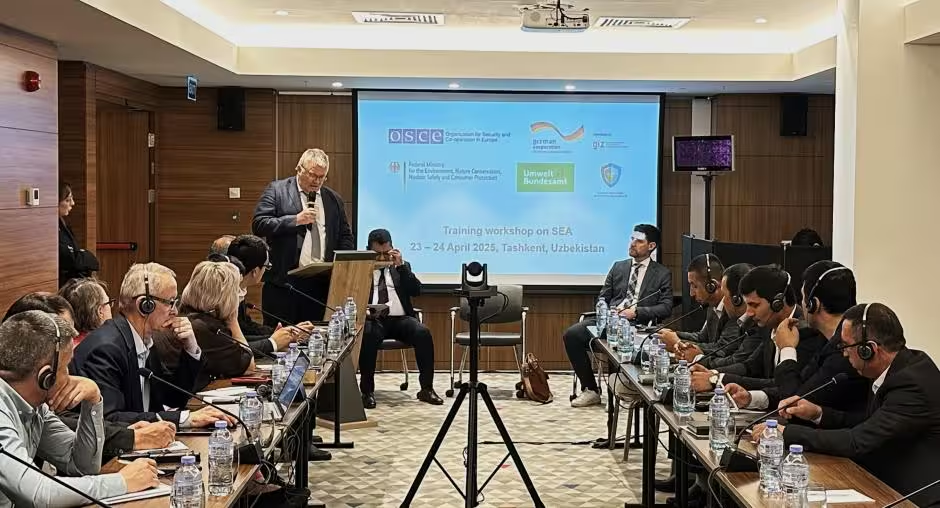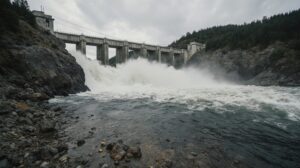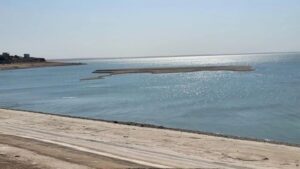The Organization for Security and Co-operation in Europe (OSCE), in collaboration with the Deutsche Gesellschaft für Internationale Zusammenarbeit (GIZ), recently hosted a two-day training workshop in Tashkent to advance environmental policy planning and legislation in Uzbekistan.

The event brought together 40 representatives from government institutions and civil society to build their capacity in evaluating environmental impacts of proposed policies, plans, and programmes. The training focused on Strategic Environmental Assessments (SEA), a globally recognized tool for integrating environmental considerations into decision-making.
Led by international and national experts from the OSCE’s Office of the Co-ordinator of Economic and Environmental Activities (OCEEA) and GIZ, in cooperation with Uzbekistan’s State Ecological Expertise Committee under the Ministry of Ecology, the workshop featured hands-on exercises and real-world case studies. Participants learned how to effectively apply SEA methodology to national planning processes and align it with both Uzbekistan’s legal framework and international standards, including the United Nations Economic Commission for Europe (UNECE) SEA Protocol.
Gayrat Mukhamedov, Director of the State Center for Ecological Expertise, presented key elements of a newly adopted Uzbek law on environmental expertise, environmental impact assessment, and strategic environmental assessment. He emphasized the law’s role in fostering public participation, addressing transboundary environmental impacts, and advancing comprehensive environmental reform in the country.
Antti Karttunen, Head of the OSCE Project Co-ordinator in Uzbekistan, reiterated the OSCE’s commitment to supporting Uzbekistan’s environmental governance.
“SEA is a vital tool for promoting sustainable development and ensuring transparency in policy-making,” he said.
The workshop was part of a broader OSCE project titled “Strengthening National and Regional Capacities and Co-operation on Strategic Environmental Assessment in Central Asia – Phase II.” It was held in close coordination with the GIZ-funded initiative focused on improving regional and sectoral planning in the Aral Sea region of Kazakhstan and Uzbekistan.
The OSCE’s contribution to the initiative is supported by the Advisory Assistance Programme of the German Federal Environment Ministry and overseen by the German Environment Agency.




